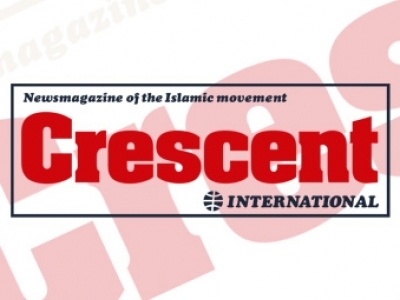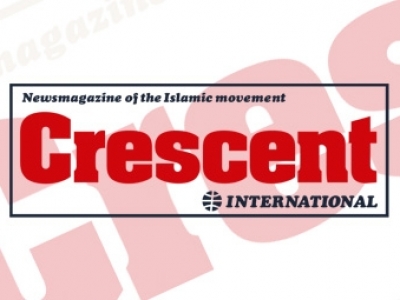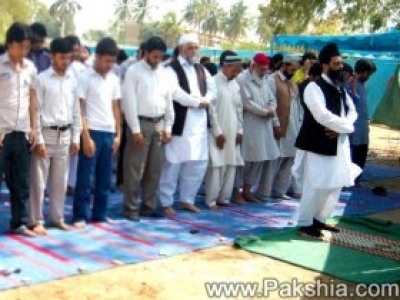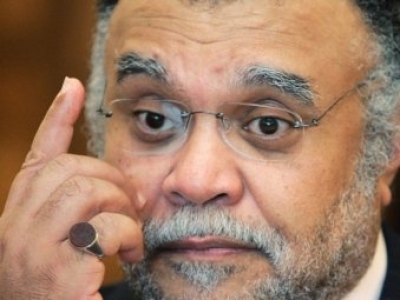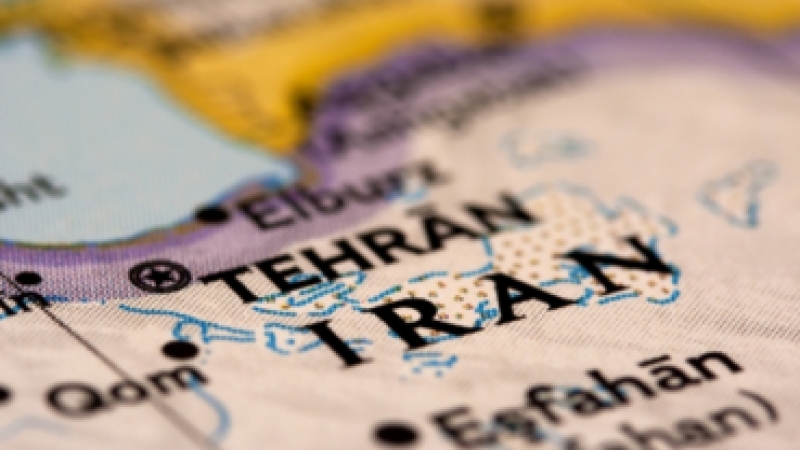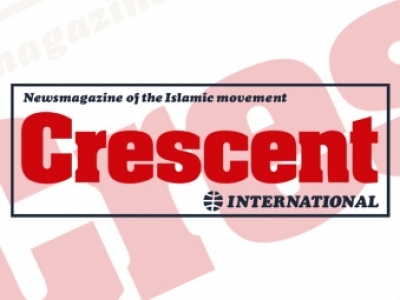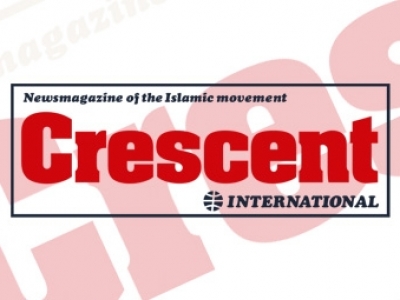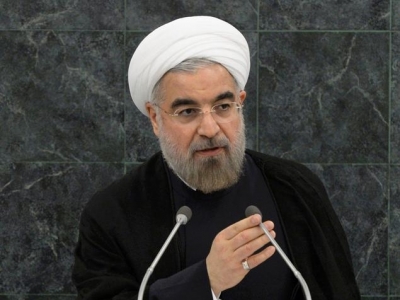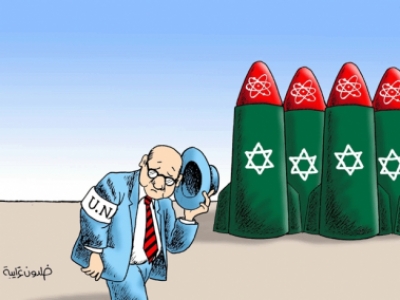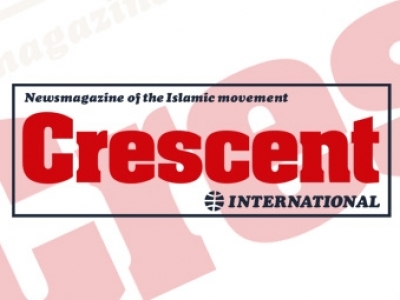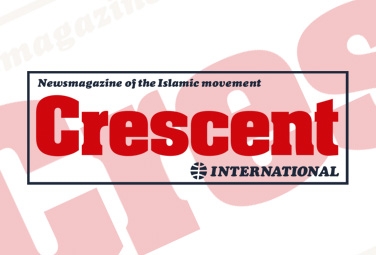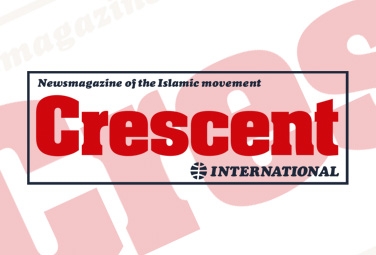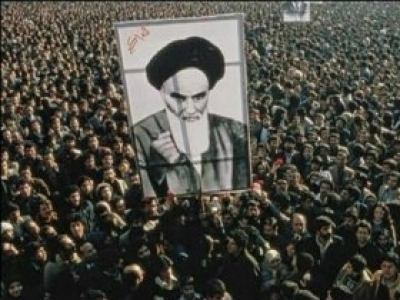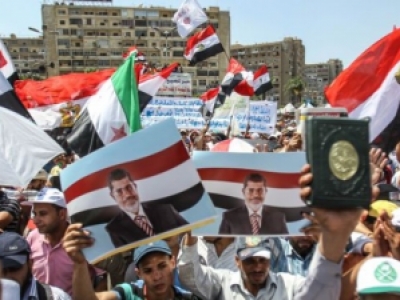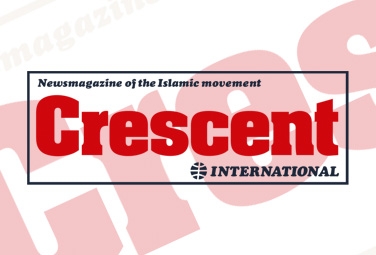



Merely verbalizing love for the noble Messenger (saws) will not bring glory to Muslims; emulating his noble example in practice will. A pre-requisite is to understand the Sirah in its totality, not through anecdotal episodes.
Apartheid had a devastating impact not only on the blacks but anyone classified as “non-white” in South Africa. The tiny white minority usurped the bulk of the country’s resources and exploited the rest for its own selfish ends.
Hiding behind the veneer of religiosity, the self-imposed Saudi tribal monarchy can in fact be linked directly with Abu Jahl and Abu Lahab of yore. The religious veneer is meant to confuse ordinary Muslims.
1How Muslims frame an issue determines whether they will find a solution to the problem. Neither iman nor unity is a private or personal affair. “Individuals have access to taqwa; societies have access to iman.”
How Muslims frame an issue determines whether they will find a solution to the problem. Neither iman nor unity is a private or personal affair. “Individuals have access to taqwa; societies have access to iman.”
In Islam difference of opinion is permitted but in a respectful manner. Sectarianism is a deliberately propagated ideology of hate in which one group of Muslims denounces another as ‘kafirs’ and even resorts to killing. Such hate ideology must be exposed and confronted.
Bandar, the illegitimate son of Sultan born of an illicit affair with a black maid, is the black sheep of the Saudi family. It is not his skin colour but his dark deeds that have aroused so much contempt for him. Like Wahshi, the murderer of Hamza (ra), he is filled with hate.
For more than 30 years, Islamic Iran has held its ground—on the battlefield, on its right to enrich uranium and to establish a system of government based on Islamic principles. This has demanded sacrifices but ultimately, it was its enemies that blinked and came to the negotiating table.
The limits of US power have been shown by events, particularly the ongoing tragedy in Syria. The world’s principal troublemakers, the Saudis and the Zionists, are most upset since their nefarious agendas no longer work.
The Ikhwan al-Muslimun have suffered greatly in Egypt but they have also made some terrible mistakes none of which match the “exclusivist” bug that has infected the thinking of some of their leaders.
The manner in which the plight of two Pakistani girls—Malala and Nabeela—has been addressed or not addressed, says much about the West’s policies and values.
Despite much media generated excitement, it would be prudent to wait and see what the US is willing to do in order to ease tensions with the Islamic Republic of Iran, especially relating to the illegally-imposed sanctions.
With Syria having signed on the Chemical Weapons Ban Treaty, it is time to divest the Zionist entity of its massive arsenal of nuclear weapons as well to make the Middle East region a nuclear weapons-free zone.
The manner in which Hajj has been emptied out of its Qur’anic basis and turned into mere ritual by the Saudis poses a major challenge to the Ummah. Getting rid of the Saudi occupiers of the Haramayn is the most pressing problem facing the Islamic movement.
The Khilafah was not abolished in 1924. When Muawiya declared himself king in early Islamic history, he abolished the Khilafah at that time. Muslims must get a better understanding of their history before they can take the steps to rectify the damage.
As early as July 2012, Crescent International had warned about the evil plans of the Egyptian military. Sadly, every one of our warnings came true a year later.
The overthrow of an elected government in Egypt within a year has made it painfully clear to struggling Muslims that an Islamic State cannot be established through the ballot box. Islamic revolution is the only solution.
Who exactly is General Abdel Fattah el-Sisi? Born to a Moroccan Jewish mother, his maternal uncle was a member of David Ben Gurion’s political party. How did this Sephardi sleeper stay within the loop without being exposed for so long and rising to the top spot in the military?
The Ikhwan may have been pushed out of power by a brutal military coup and have offered thousands of martyrs, but if they can show their staying power in the streets, they can defeat the military and bring it to its knees.
In Egypt the Ikhwan failed within one year while in Iran, the Islamic movement has established a government that is still in place and going strong. Why? The Ikhwan made the mistake of working within the system while Imam Khomeini understood that the existing system had to be demolished.


